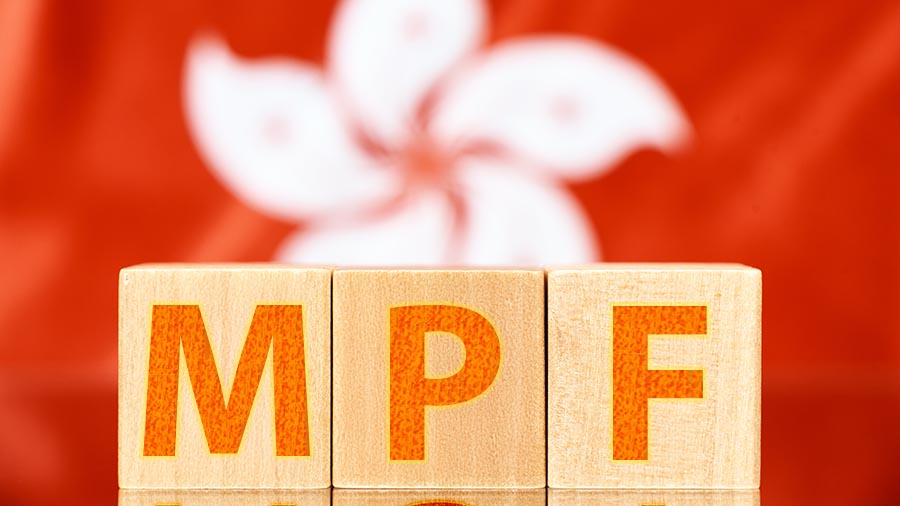Can RRR Raises Really Absorb China’s Excess Liquidity and Inflation?
May 16 – The People’s Bank of China (PBC) made an announcement on May 12 that it will increase the reserve requirement ratio (RRR) for financial institutions by another 0.5 percent starting from May 18. The frequent RRR lifts indicate China’s currency liquidity may not have been effectively controlled, and inflationary pressure may still stay high.
Raising the RRR has already been the PBC’s “monthly practice” this year, despite economists and research institutes predicting that the RRR has reached its ceiling and China’s tightening monetary policy is coming to an end. The newest RRR elevation will bring the RRR in China’s large-scale financial institutions up to 21 percent, locking up another RMB370 billion of commercial bank reserves.
The PBC may still be exposed to the high pressure of controlling money liquidity and inflation, judging by how fast it has been increasing its reserve requirement for banks. By the end of April, China’s M2 money supply – including the supply of money and “close substitutes” for money – reached RMB75.7 trillion, a 15.3 percent increase from a year earlier, more than 1.5 times faster than China’s average GDP growth rate. April’s consumer price index (CPI) also remained as high as 5.3, only a slight 0.1 percent decline from the March figure.
A recent commentary on China’s mainstream business paper the National Business Daily (NBD) questioned if the RRR adjustment is the best remedy for China’s excess liquidity, since it does not really stop the rapid expansion of the country’s foreign exchange reserve which still stacks up along with the massive trade surplus and distinct foreign investments.
After experiencing its first trade deficit in seven years during the first quarter of the year, China’s April trade surplus has again surged to US$11.4 billion, against March’s US$139 million. The speculative capital inflow, following the expectation that the yuan will continue to appreciate, is still very active. The NBD commentary estimates that the “hot money” inflow during the first quarter may have reached US$141.2 billion, hitting a record high.
In addition to the enormous foreign exchange reserve that has forced the PBC to print more local currency for the relative stability of the yuan’s exchange rate, China’s economic overheating has also contributed to the country’s significant liquidity surplus. Tan Yaling, president of the China Forex Investment Research Institute, pointed out that China needs to look for more efficiency in its investment.
“We do not need such a high economic growth rate, but more quality,” Tan told China National Radio in an interview.
Another force of the RRR lift – domestic inflation – is also not an issue that can be simply tackled through increasing bank reserves. According to Tan, the CPI surge – mainly led by food price increases – is highly related to China’s immature agricultural production and lack of large-scale modern production chain. She predicts that, with problems in its own internal economic structure, China’s inflationary pressure will still last for a while.
While the PBC has recurrently increased the RRR, it seems to have been holding a more cautious attitude towards bank interest rate raises. Commenting on such an option by the PBC, Tan believes it is “reasonable,” because an interest rate “highland” may result in more speculative capital inflow into the Chinese market.
However, some other experts worry the effect of RRR adjustment may be weakened if it is not working together with interest rate increases. The comparatively low interest rate against the inflation rate may discourage depositors to keep their money in the banks, so that the increased RRR can only play a smaller role in freezing bank reserves and controlling liquidity as well inflation.
Related Reading
As CPI Rises, China Raises RRR for Fourth Time this Year
PBC Announces 0.25% Interest Rate Hike
China’s Central Bank to Raise the Reserve Requirement for the Sixth Time this Year
Chinese banks strengthen reserve ratios
- Previous Article Dezan Shira on China’s New Representative Office Regulations
- Next Article Moet Invests In Ningxia Sparkling Wines




























